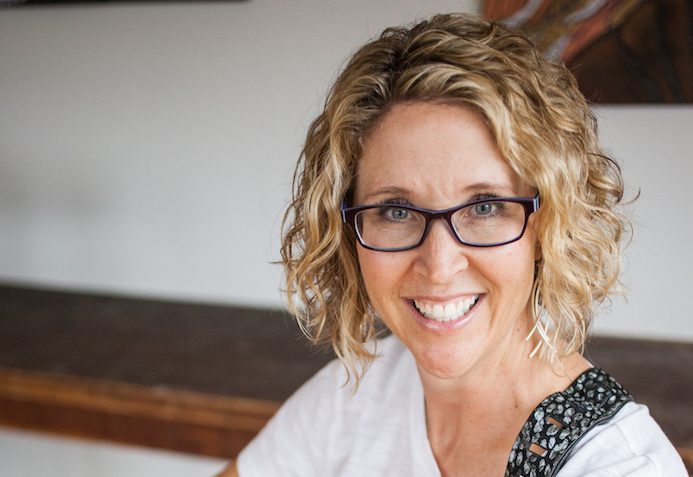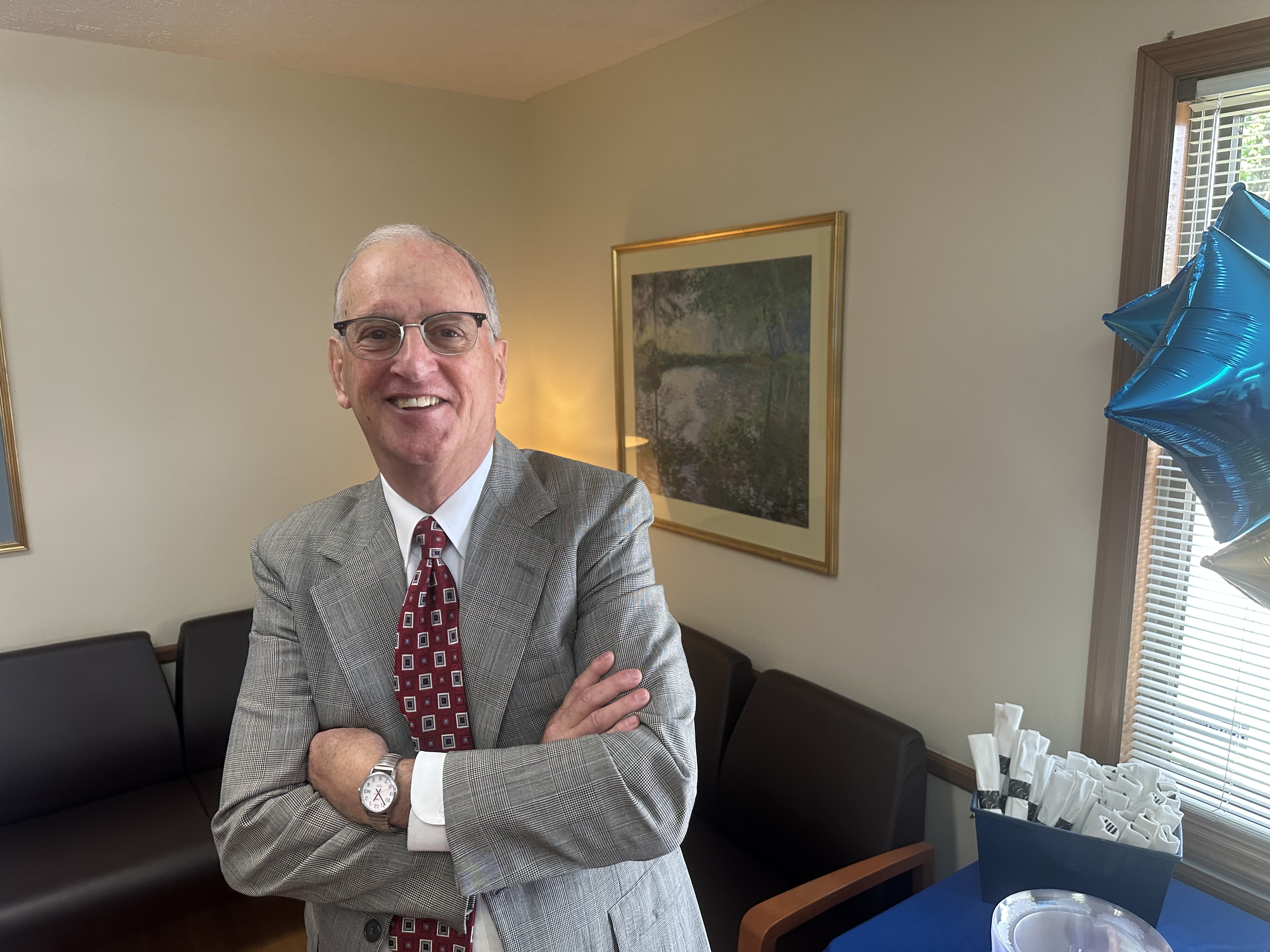Seeking Connection: How much does the soul weigh?
Published 9:39 am Monday, October 15, 2018

- Erin Smith is the owner of the OM place in Winchester, the author of “Sensible Wellness” and the online host of the OM channel. Follow her on Twitter @erinsmithauthor.
The best date my husband ever took me on involved a bunch of dead bodies.
When he was in grad school, he snuck me into the Gross Anatomy lab one Friday night, where 24 tables held cadavers in various stages of dissection.
I wandered around, enthralled with the opportunity to glimpse the human interior.
Do you remember the anatomy kit from the 1960s and ‘70s called the Visible Man? It featured a 160-inch plastic, see-through human model with plastic bones, organs, brain and blood vessels.
You would place the organs inside the shell, everything fitting together like a three-dimensional puzzle. You snapped on the belly last to hold everything together, and voila! You had a perfect anatomy model of the human body. “Incredibly accurate!” it read on the box.
My third-grade classroom had a Visible Man and I was obsessed with it. During indoor recess, I always chose to assemble Visible Man.
My infatuation with the incredibly accurate Visible Man had adequately prepared me for what I saw in that lab.
There were differences in the bodies, sure. Some were old, some young. Some fat, some thin. The heart, which I expected to be red, was brown on some and yellow on other (more obese) people. Lungs were pink, grey or speckled with black (it was easy to pick out the smokers). The blood vessels didn’t seem to be in the same place from one body to another.
But mostly, they were all fairly similar to the Visible Man.
Every cadaver had the same basic gear in approximately the same area. After all, humans are 99.9 percent genetically similar to each other. That means you, I and every one of those 24 bodies were and are 99.9 percent alike.
But I imagine if I were to have met those 24 people before they died, I would have been struck not by their similarities, but instead by that magical .1 percent that wasn’t accounted for on the table.
Laying on that slab they all seemed analogous because their unique souls had departed.
As I peered into their abdominal cavities, I made up stories about each one. The obese man with the long toenails played the piano beautifully. The woman with the appendectomy scar was a baker. The African-American man had been tragically widowed and then found true love again.
I walked out of the lab with a life-long curiosity about human anatomy. But I also walked out with the abiding belief our soul resides in that magical .1 percent.
In 1907, Massachusetts doctor Duncan McDougall surmised souls have actual mass.
He designed a bed fitted with a sensitive set of scales and weighed six tuberculosis patients just before and immediately following their deaths. He recorded physical changes that occurred around the moment of death, such as loss of sweat, urine, oxygen and nitrogen and concluded each of the six people weighed 21 grams less just after death than before they expired.
McDougall’s conclusion the human soul weighs 21 grams is pooh-poohed by todays’ scientific community. But the experiment’s failure to achieve acceptance hasn’t stopped us from being captivated by the poetic idea the soul exists.
Most religious, mythological and philosophical traditions agree the soul is the human connection to the divine, our inner pilot light, our incorporeal essence.
It is the home to our personality, principles, intelligence, goals, habits, experiences, relationships, imagination, memory, style, ethics and attitude.
Generally speaking, the soul is what makes each of us us. Consider each of us is one in 107 billion, or all the humans who have ever lived on the planet. We are not simply carbon and proteins randomly interacting. There is a higher purpose for our showing up here in this time, in this body, with these skills. There is a relationship between our magical .1 percent and the larger universe.
What are you doing with your .1 percent? We only have a short time to cultivate that connection.
That .1 percent is a call to action, a sign begging us to live. Because once the .1 percent is gone, it’s just spinning atoms.
Erin Smith is the owner of the OM place in Winchester, the author of “Sensible Wellness” and the online host of the OM channel. Follow her on Twitter @erinsmithauthor.





